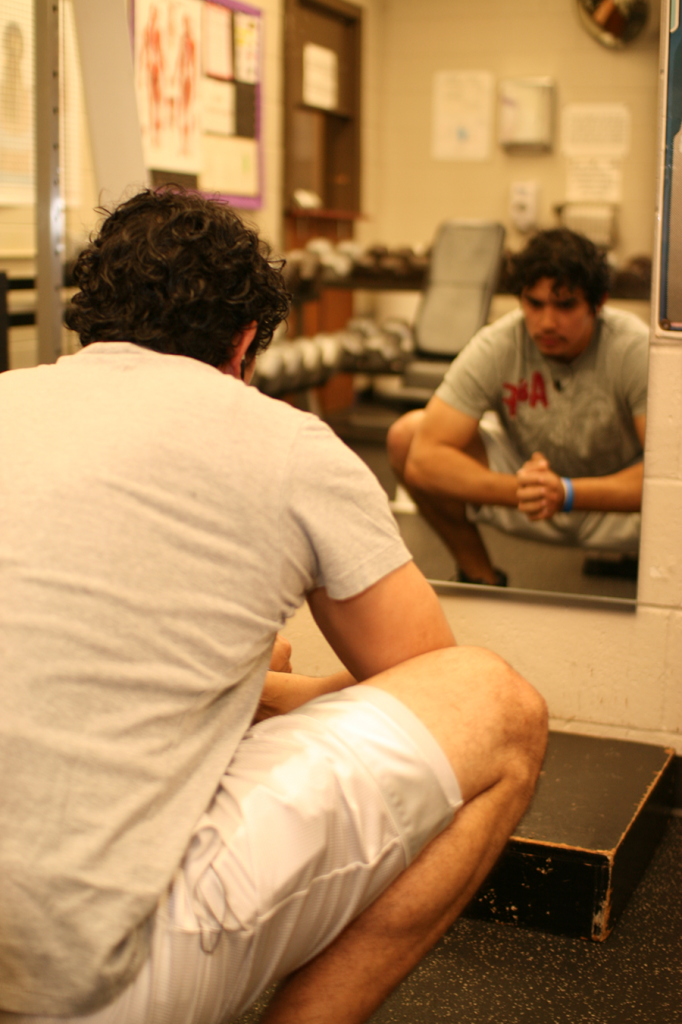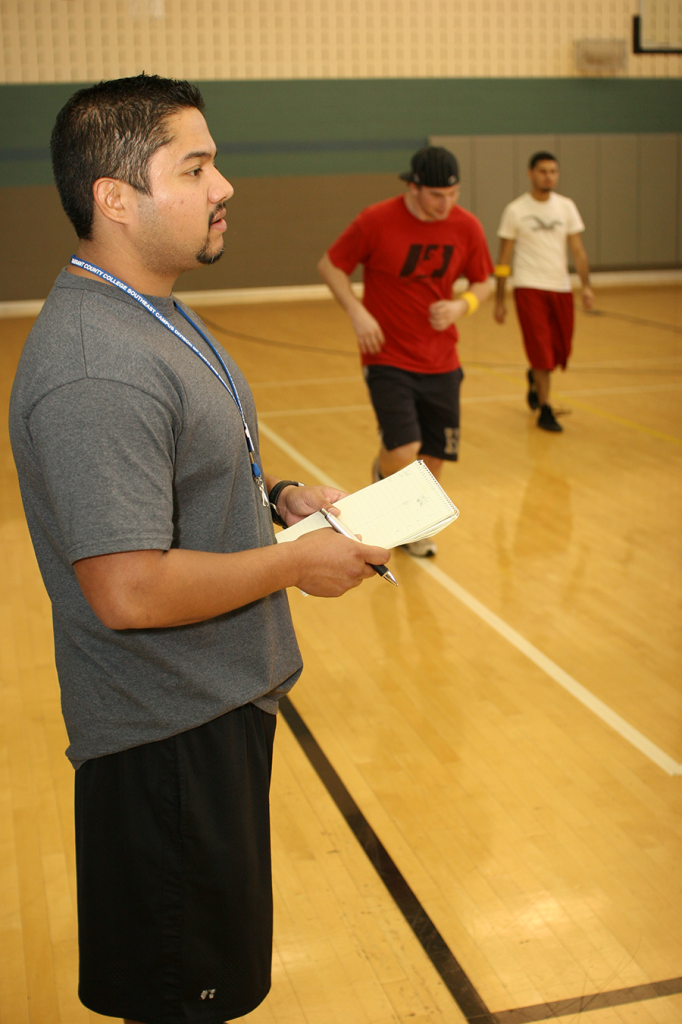By Courtney Chipman/reporter
Affording an education doesn’t have to be an obstacle for all students. TCC offers many different ways for its students to receive financial aid, including grants, scholarships and loans.
For the 2009-2010 school year, TCC awarded more than $62 million in financial aid, NE financial aid specialist Tina Frost said. As long as they research and apply, students can probably find the money.
Grants differ from loans because the money doesn’t have to be paid back.
Jade Everett, a SE Campus student, qualified for a full grant for tuition and books.
“Because I am a single mother, I don’t make enough money a year to take care of our needs plus school,” she said.
Everett applied through the Free Application for Federal Student Aid at www.fafsa.ed.gov.
“FAFSA is the gateway to all financial aid,” Frost said.
SE student Kathryn Auldridge applied online through FAFSA to see if she qualified for any grants and was awarded full tuition and books because she is 25 percent Hispanic.
“I wasn’t even sure that I would qualify for any money,” she said. “I definitely never expected to for the reason I did.”
Students can qualify for grants for many reasons, so the financial aid office always recommends applying for one through FAFSA.
Scholarships can be found on the Web through FAFSA as well.
A scholarship unique to TCC is Stars of Tomorrow, which uses money collected from the school’s mineral rights and given to Tarrant County high school graduates in the top 50 percent of their class. Frost said as of Nov. 2, about 200 students received the scholarship, which offered them $800 for up to six semesters. Students are not required to apply. It is automatically rewarded. The financial aid office reviews the applicants’ high school transcripts and e-mails them if they qualify.
Another common grant TCC approves is the federal Pell grant. Sen. Claiborne Pell, who came from a wealthy family, didn’t believe that students not as
privileged as he should be denied an education. Frost said 13,181 students qualified for this grant. Some requirements for federal student aid programs are financial need, high school diploma or GED and satisfactory academic progress.
Byron Craig, a SE student, qualified for $2,200 per semester based on his 2008 income.
“If my parents had claimed me as a dependent, I wouldn’t have qualified,” he said.
For further research, students can visit www.bmcc.cuny.edu/finaid/grants/pell.html.
Another grant Frost recommends researching is the Texas Public Education Grant. Almost 3,000 TCC students qualified for this loan for the 2009-2010 school year, she said.
For students who do not qualify for grants or scholarships, a student loan is a last option. Frost said 3,625 TCC students are receiving financial aid loans through FAFSA. Most loans must be paid back, but in most cases, students don’t have to pay until after graduation. Loans do have an interest rate, so when applying, students should be aware of interest rates and payback dates.
SE student Clayton McDonald is using the B-On-Time loan, which he applied for through FAFSA. His loan doesn’t have to be paid back.
“As long as I graduate on time with a 3.0 GPA, my loan will pay for itself, and I won’t owe anything back,” he said.
His loan has been large enough to pay for tuition and books, and so far his GPA has met the requirement.
Frost said when applying through FAFSA for financial aid, students should make sure they have the TCC school code and their previous income tax form. To decide on the loan amount, FAFSA takes the family income into consideration combined with the number of people the income supports, Frost explained. This will equal the expected family’s contributions, leading to the amount of money granted for the student’s schooling. FAFSA is then completed by the applicant and sent to TCC.
“TCC always looks for free money first,” Frost said.
TCC will first look for grants that the applicant qualifies for, then scholarships and lastly loans.
“We [TCC] don’t like to have leftover money from financial aid,” Chris Carcerano of the South Campus academic success center, said.
He suggested students apply for aid even if they don’t completely meet the requirements.
“If there is leftover money and you are close to the requirements, chances are you will be awarded the money,” he said.
Carcerano said students should always apply because money is always available.
Frost also advised students to make sure their applications are always on time and completely filled out.


























